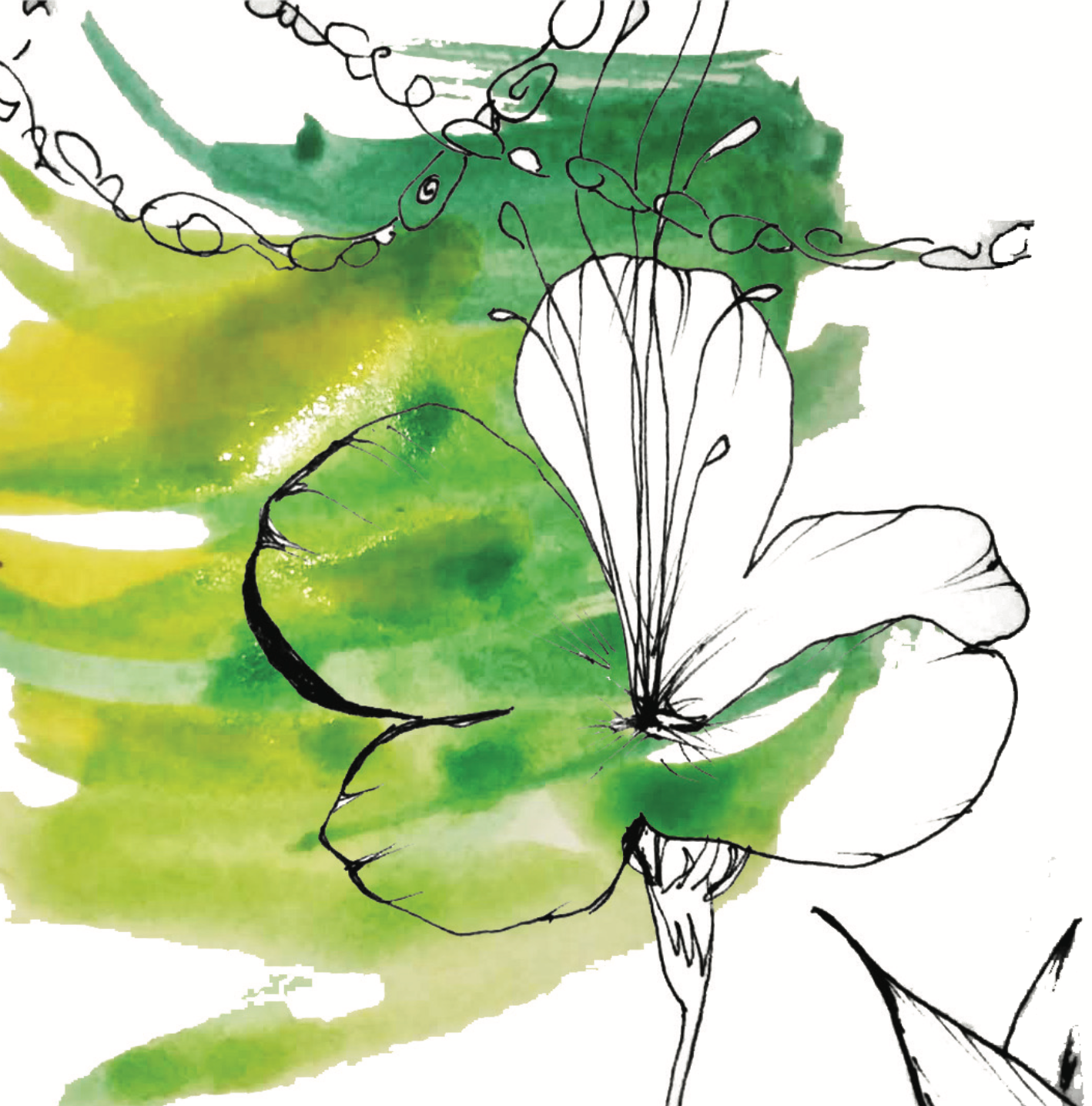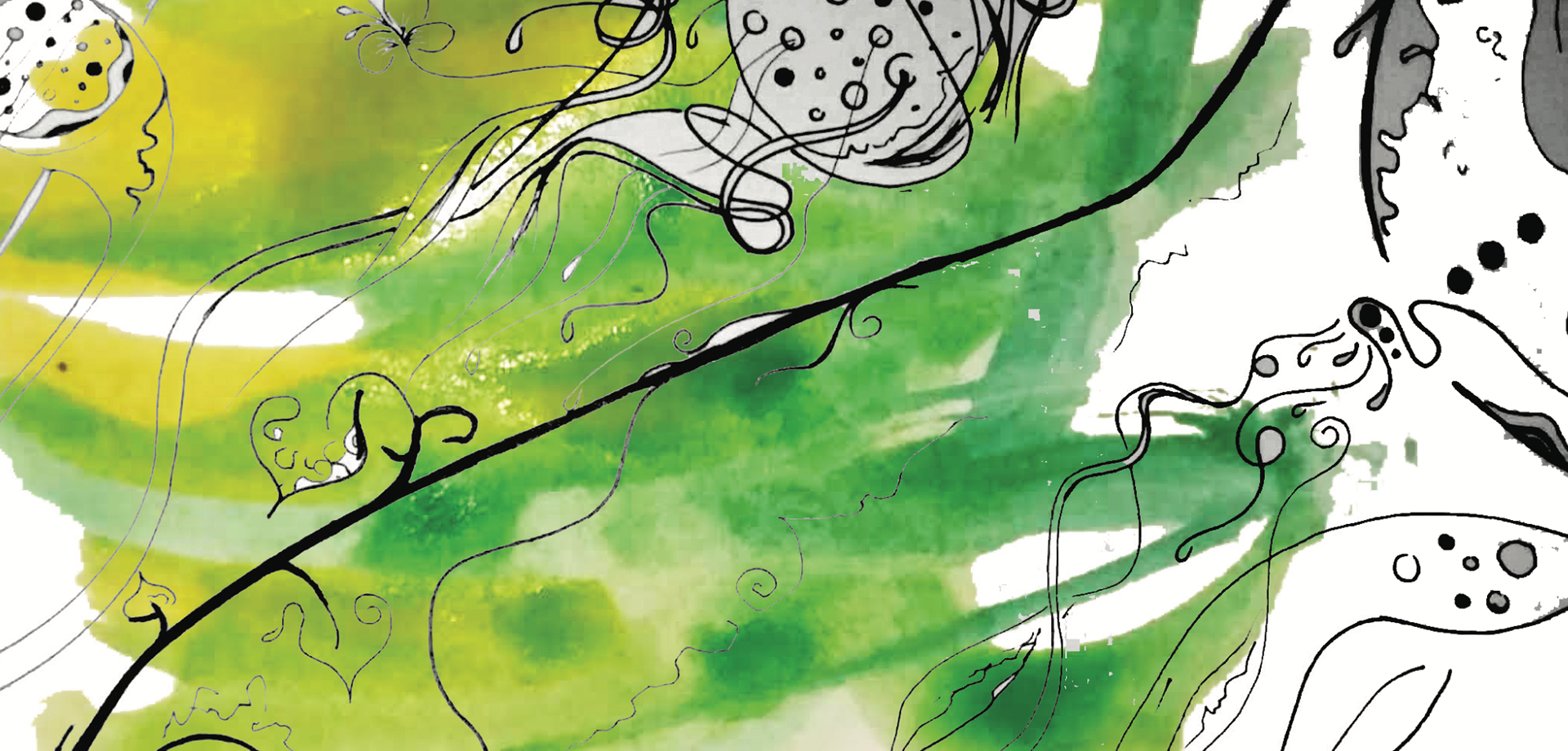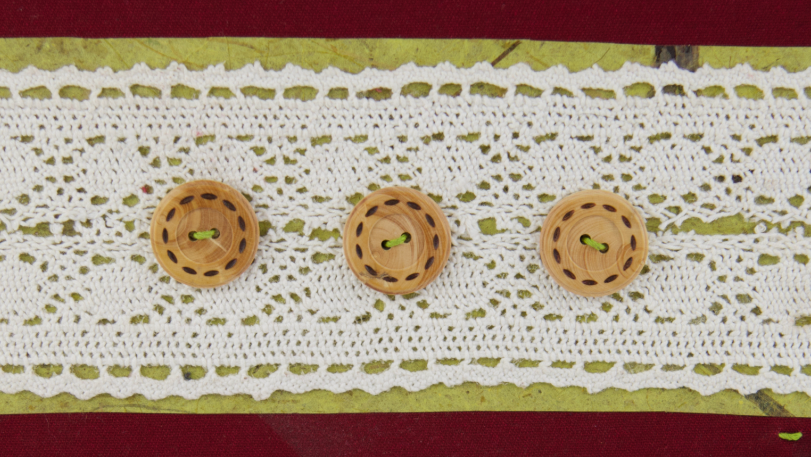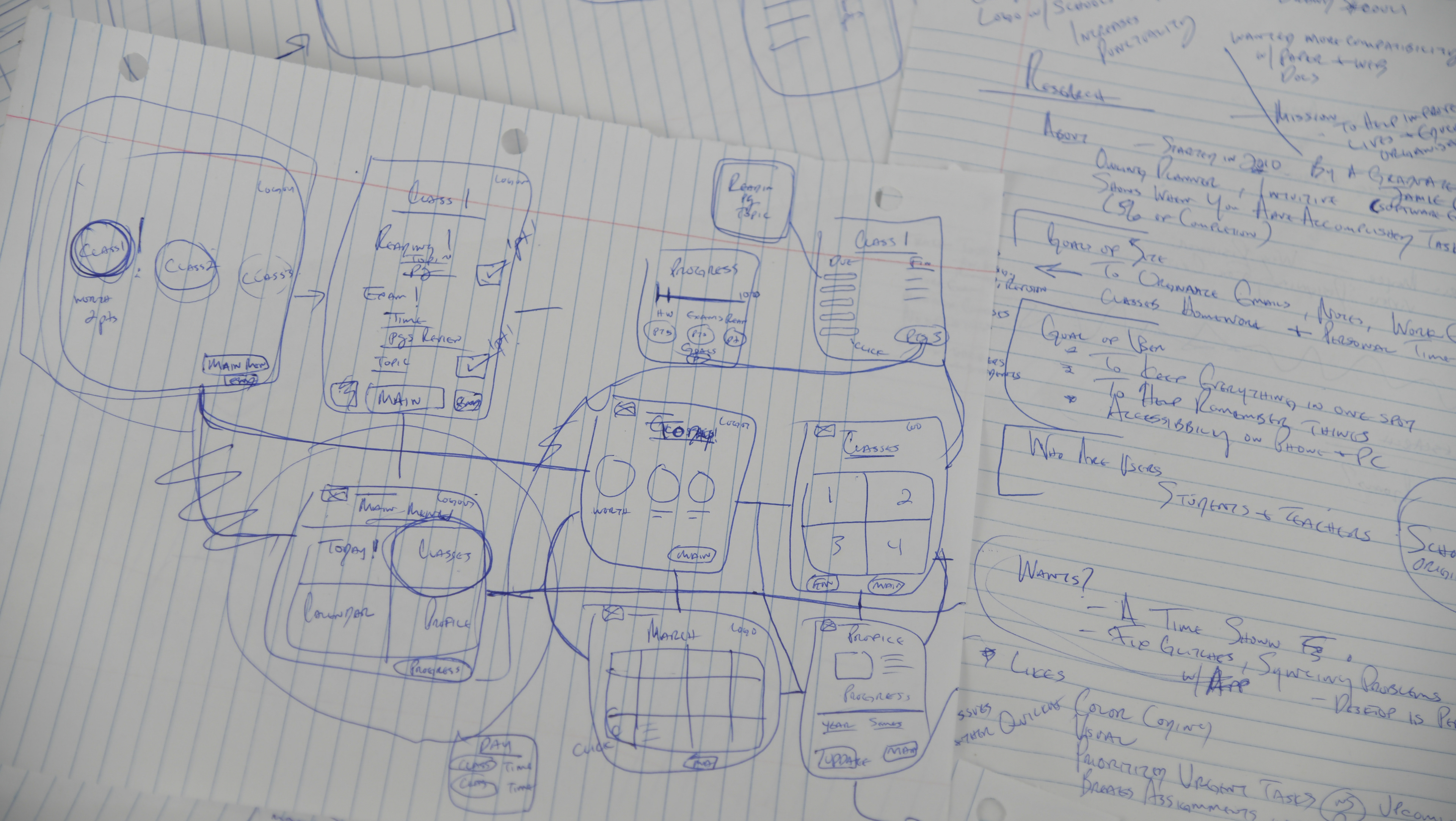The Maternity Room touches on one of the ways in our society that we avoid situations and circumstances only to wind up spiraling downward into a depressive state. During some women’s childbearing and rearing years, they experience certain nuances that are deemed taboo such as depression, out of body experiences, body dysmorphia, paranoia and a strong sense of fear among other concerns. This may seem illogical and unreasonable to an outside viewer. Throughout the stages of pregnancy and after giving birth, some think women live in a stereotypical state of bliss, being catered to and enjoying enormous amounts of food and sleep
I have always been interested in human behavior and how people operate in this world. I don’t like to just observe, but also come up with some solutions addressing issues within our global society. There is a great need for people to create a space of openness and vulnerability in order to find their truth in the issue. The solution is also in the issue, but we are often taught that openness and vulnerability are weak characteristics and therefore open communication is not well developed. We tend to accept life where we are, living in what I refer to as gray matter, where nothing is absolute. In this state there is an illusion of stability which is perceived as strong and professional; a place of solitude and avoidance.
Unfortunately, we play into this belief and due to these underlying issues and unfamiliar changes it makes natural, human issues hard to talk about. Guilt manifests when a woman feels the opposite of bliss and contentment. It is as if you are twisting inside a beautified box because you must present yourself as well put together, yet inside, you’re pleading for help that is not readily present.
The Maternity Room is meant to depict these internal feelings visually. Initially seeing the room, it appears enchanting and feels inviting. Upon closer observation, you realize there is more to this dream - an entangled, blissful nightmare of sorts. Now the viewer asks questions that a woman with pre or post-partum depression, or paranoia would also ask, “what is going on? Is this normal? am I?”. An empathy and desire to want to know more occurs, words escape lips, and dialogue that is usually hushed flows through. Others finally break their silence and the thoughts that many women have wondered is confirmed, “I am normal, and I can ask for help.” Isolation is an easy escape and powerfully magnifies problems. The objective is to create a space of open dialogue regarding these nuances - to assist in its resolve. Therefore, lowering risk of harm that stems from depression and other psychological complications that may arise.












